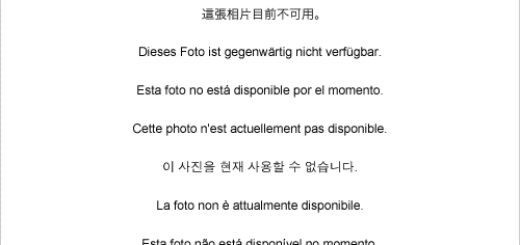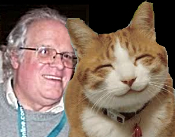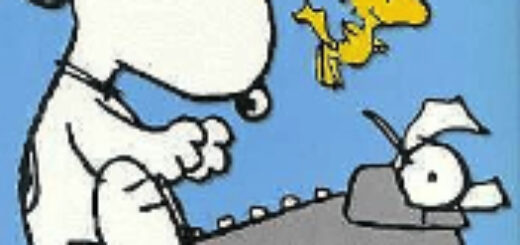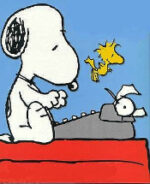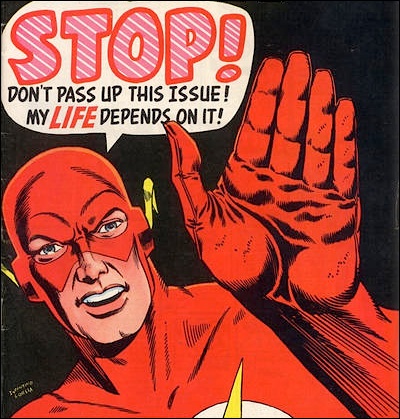John Ostrander: Whore To Culture And Other Working Relationships
I’m over at Facebook a fair amount. I use it not just for friends and family, people I actually know, but also as a way to keep in touch with fans which I think is important. I try to give them a good personal experience with me because I value them; their support enables me to make a living as a writer. Some publishers have an interest in hiring me because they know I have my own fanbase.
So I post things and answer questions or notes – sort of like at a Con – and it’s nice. Most of the fans are very respectful; sometimes, maybe a little too respectful. There have been those who refer to me as “master”. I appreciate it as a token of respect but, to be honest, I’m uncomfortable with it. To my mind, I’m just a working guy and my work happens to be writing. It’s how I make my living – buy food, pay the bills, and so on.
I’m a professional writer and I take great pride in that; people pay money to read what I’ve written and, as I’ve said elsewhere, that’s something I’ve never taken for granted and never will. There’s a big demand on your dollar today (mine too) and if you spend the money on one thing chances are you aren’t spending it on another. Maybe if you buy a comic I’ve written you can’t buy some other comic. So it’s my job to make sure you get your money’s worth.
I’m not a “fine” writer; I’m a storyteller. Both as a reader and a writer, my big interest is “and then what happened?” I’m not a stylist although I can turn a good phrase. I’m not apologizing in any way; I’m proud of what I’ve written but I know what I am and what I am not.
I had an interesting online discussion some years back with a defiantly amateur writer. He claimed he was “purer” as a writer because he didn’t accept money for his work. In fact, he claimed I was a whore and prostituting myself for taking money for something I should have done for the pure love of it.
I will confess to be a bit flummoxed by this. I wasn’t sure how to answer. I could have said that he probably couldn’t prostitute himself because nobody would pay him; it’s hard to make money if you’re an ugly whore. However, that would have been mere pique and invective and dodged the central question – does getting paid for my work inherently make one less of an artist? Shakespeare (a greater artist than I) got paid, as did Dickens, Shaw, and many other talented artists.
On the other hand, there are plenty of hacks out there who will grind out anything to make a buck. There are times I have taken an assignment, not because I loved the character or the concept but because I needed the work and the paycheck. However, I’ve never put in less work as a result. I have to find something in the character that I can relate to, into which I can invest myself. It’s not always easy but it is always necessary. In some cases I am more successful than in others but the effort is always there because I know that, at some point, someone will put down real cold cash to read it.
I write to be read. I know one of the cardinal rules of writing is, first and foremost, to write to please yourself and I do that. However, I don’t only do that. I’m aware as I write that, hopefully, someone is going to read those words as you are reading these words. If one writes only to please oneself, then I think that’s literary masturbation. I’m not saying there’s anything inherently wrong with masturbation; I’ve dated Five Finger Lucy myself. There’s the old joke that goes “if it wasn’t for masturbation, I’d have no sex life at all” and, at one point in my past, that was very true. However, I also happen to think that sex with a partner is, well, better.
When you connect with your reader, it’s like flipping the electric switch to “on”. The electricity flows and it can flow both ways. It’s that connection with the reader that I’m looking for. In my stories, I ask my reader, “Have you ever felt this? Thought this? Considered this”? If they have, then we share something. The electricity flows between us. There’s a bond between us. We celebrate a shared humanity.
That’s my job. That’s what I get paid to do. What I get paid has never determined the effort I put into the work; it has enabled me to do it without expending time and energy making a living some other way, time and energy that I need to put into the work.
I’m not a master; I could never claim that for myself. I’m a guy from Chicaguh who writes for a living; a working stiff like most of you. Most days, I love what I do and, on the other days, it’s a grind, like any other job. Overall I’m proud of the work I’ve done and I hope to keep doing it until I drop. To quote James Earl Jones in Field of Dreams, “It’s what I do.”
Photo by mpclemens 


